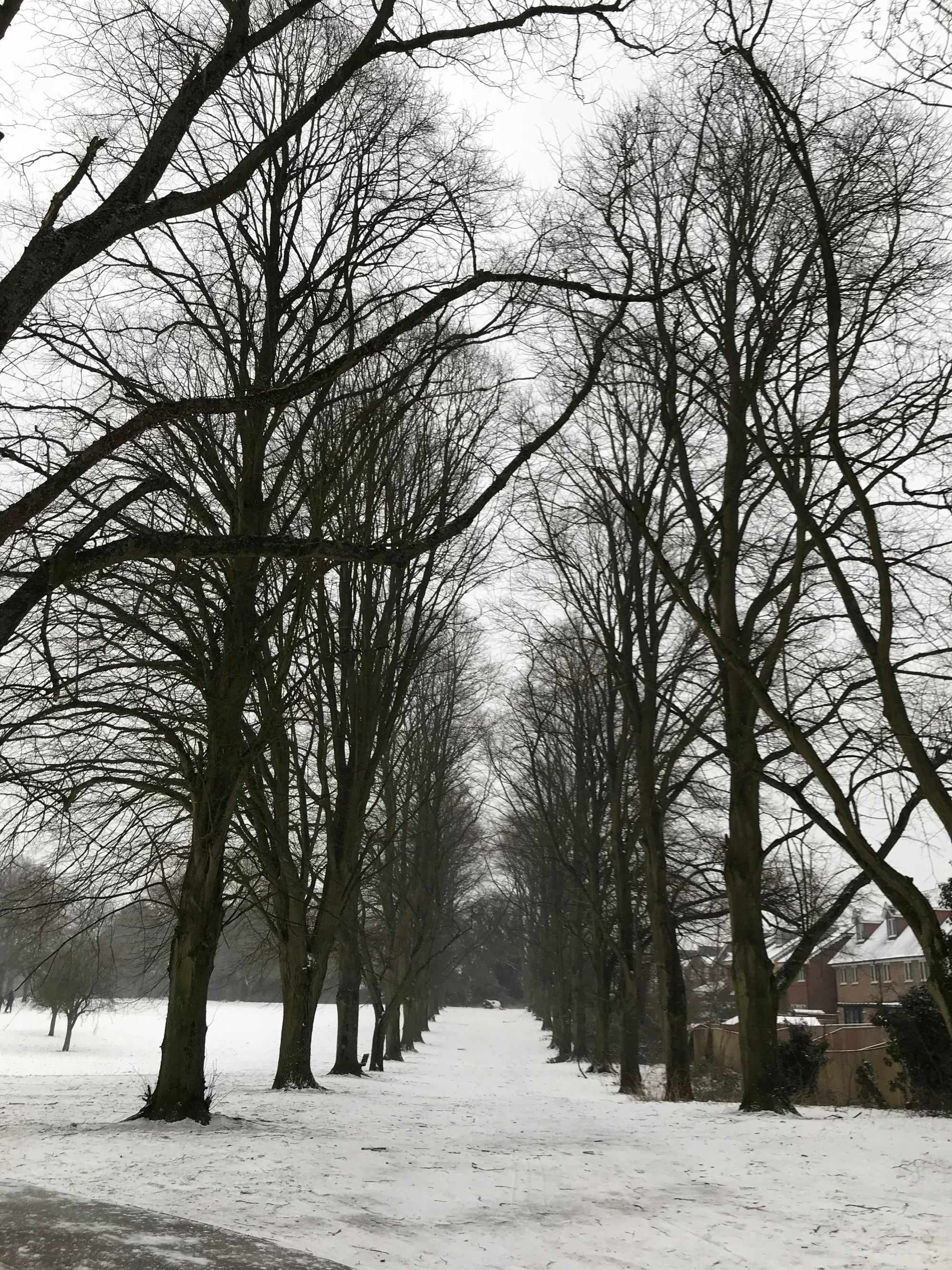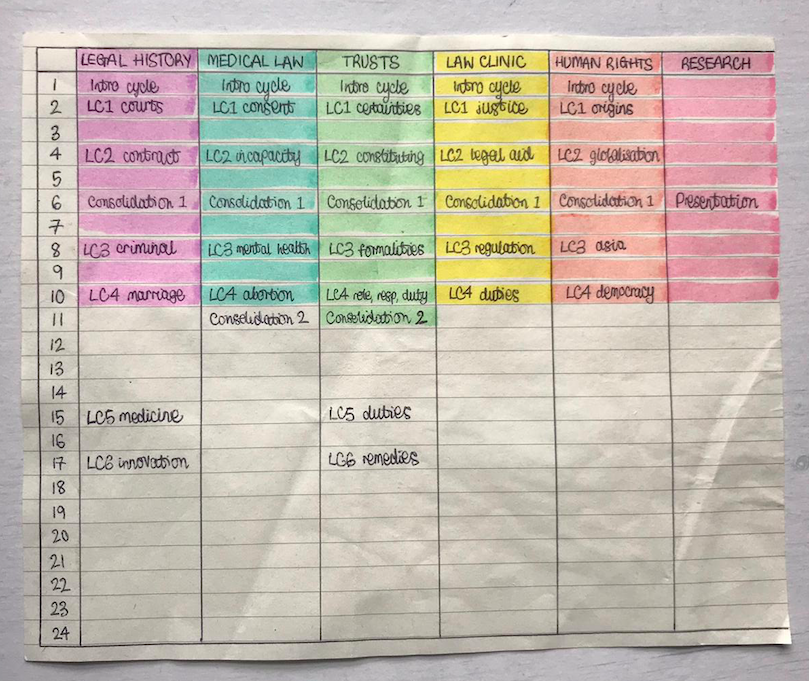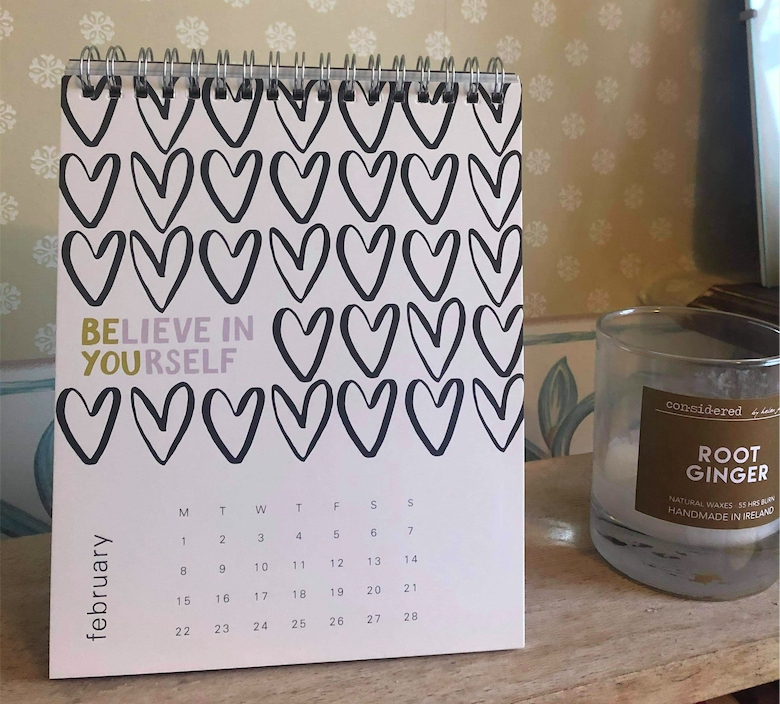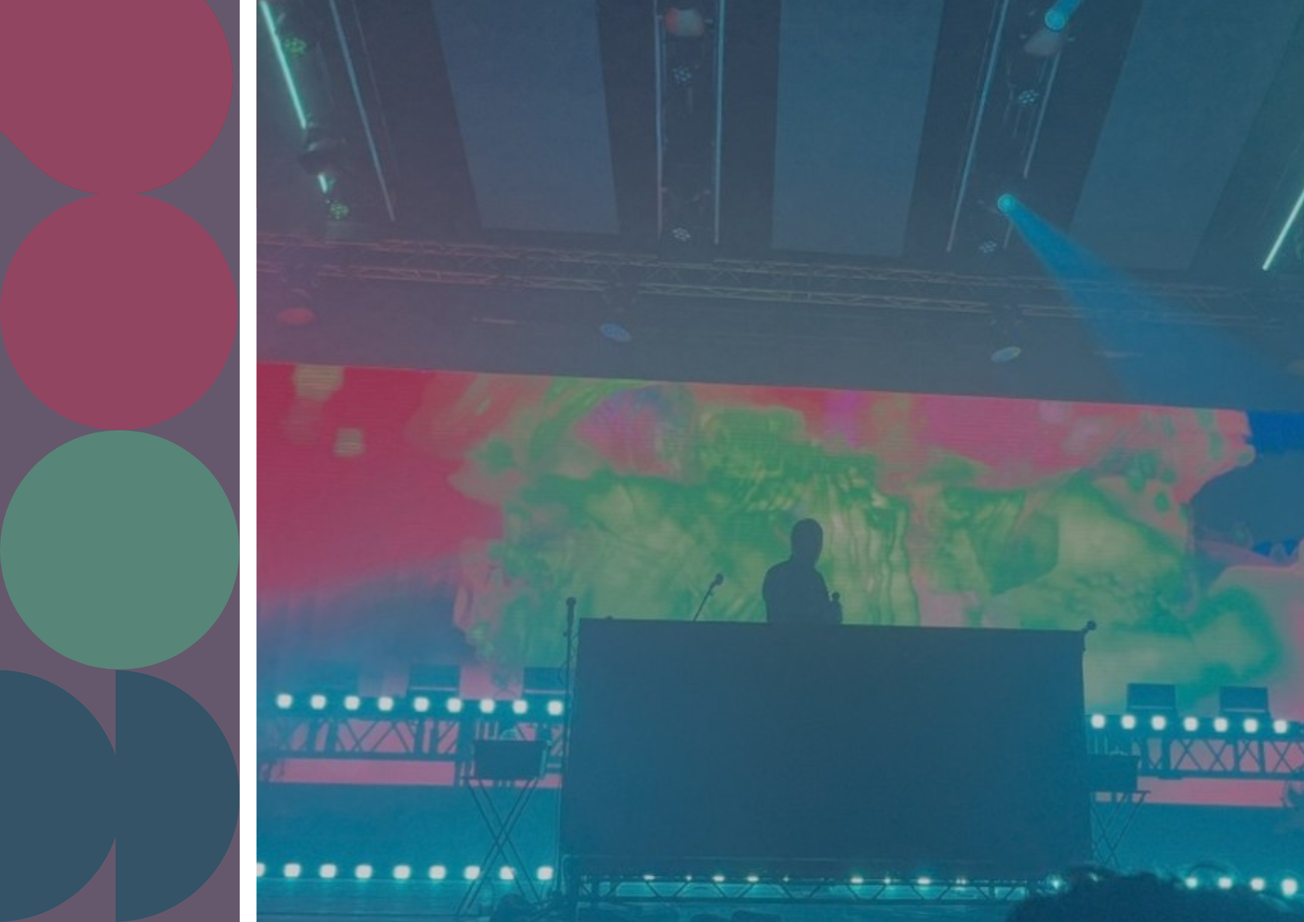By Helen Clark, Third Year, Criminology
The Croft Magazine // Establishing and keeping up with a manageable routine can be tricky, but Helen Clark reminds us how important it can be in helping us cope with the anxiety brought about by the current state of the world.
At a time in which our lives are full of uncertainty, anxiety and copious hours of watching Boris Johnson’s Downing Street conferences whilst guzzling wine, as humans we try and adapt as much as possible to the ‘new normal’ that has been somewhat thrust upon us.
Whether this means we attempt to master the skill of tie-dyeing or to learn a foreign language, the failure to fill the gaping hole that the lockdown has created can spark disappointment, hopelessness and frustration.

These emotions can feel incredibly overwhelming, and accompanied with limited social interaction, the pressures of work and a global pandemic surging through the country, can be incredibly harmful to our mental health.
Whilst it is perhaps common knowledge that habits such as exercise, a healthy sleep cycle and eating your five-a-day will inevitably lead to greater feelings of positivity, there is an element of self-discipline required that often does not come quite so naturally. For me, having the ability to pick and choose when to exercise or when to work meant that by the end of each day, my to-do list remained untouched and my screen time soared.
It is easy to change or tweak your routine, making it the perfect resolution as it doesn’t bring about a sense of defeat or failure
The New Year is a perfect time to re-evaluate the good and bad things in your life. There is this unspoken pressure to become as good as Mo Farah at running, Jamie Oliver at cooking or to match the success of Jeff Bezos. There is a reason why the most depressing day of the year is called ‘blue Monday’ and takes place on a Monday in January each year. This day represents the return to bad habits, failed dry Januarys and unsuccessful resolutions.
How then do we expect to get through the year if, in the first month, we give up and accept defeat, allowing ourselves to return to our old ways?
In my opinion, a solid routine will positively impact your life in many different ways. It gives you a sense of purpose and structure, keeps you feeling motivated and productive, and it encourages you to be pro-active and busy. Whether you are a particularly busy person or prefer the comfort of minimal work and limited doses of stress is not important – a routine is easily malleable to any lifestyle.
A routine is completely subjective and completely unique for every person. It is incredibly easy to change or tweak your routine, making it the perfect New Year’s Resolution as it doesn’t bring about a sense of defeat or failure. Furthermore, the more you practice your routine, the better at it you will become.
Routines can encompass a variety of different habits, from waking up an hour earlier each morning, incorporating meditation in between work and/or before sleep, or walking the dog round the garden five times every day – each part of the routine you choose has a positive effect.
Although the idea of waking up early or exercising daily may seem unrealistic to integrate into our unique style of living, now more than ever is the time to do just that
For me personally, waking up early and exercising was both the most challenging and the most rewarding habit that I have formed over the past few weeks. Whilst initially I felt horrified at the idea of waking up at seven and reluctantly peeling off my pyjamas only to replace them with tight leggings and a thin top, I could not help but enjoy the immediate benefits I found from this one lifestyle change. I felt less anxious, more productive and significantly happier.
As students, although the idea of waking up early or exercising daily may seem unrealistic to integrate into our unique style of living, now more than ever is the time to do just that. Our lives have drastically changed, both in terms of online education and the rules on social interaction, so engaging in a routine will ensure we remain productive, pro-active and organised.

Whilst the early morning is guaranteed to be slightly alien for the majority of students, if you wake up even just an hour earlier than you’re used to, the transformation of your day is truly remarkable. That extra hour gives you the ability to get organised and plan your day, and how you use this extra hour is completely up to you.
As someone who has suffered from generalised anxiety for the last few years, I have tried so many different techniques to try and calm the familiar flutter of butterflies and rapid heartbeat that I had grown accustomed to, but I had no luck. That is not to say that these feelings don’t still present themselves, but the routine that I have adopted has meant there is less time for these anxious emotions to take over and gives me more time to focus on myself.
If exercise or early mornings don’t appeal to you, there are so many other daily habits you can try that I also find to be extremely helpful. For example, I have found journaling useful in clearing my mind of my anxieties, thoughts and feelings, whatever they might be, as well as writing down each night what I am grateful for.
Also, whether done in the morning or at night, journaling will structure your thoughts and improve your organisational skills. The beauty of this habit is that there are no rules on how to do it and no two journals are the same. It does not have to be an essay, it can be as simple as being grateful for your favourite pair of bed socks, or simply your existence. It is completely up to you!
Finding hope in a new year after one like the last
Living with anxiety: the pressure of possibility
I find night-time a particularly catalytic time for my anxiety, and thus by writing down what I am grateful for, as well as what I hope to achieve the next day, it means I fall asleep with positive thoughts, rather than negative worries.
The beauty behind a routine, especially during an extremely unpredictable and harrowing time like this one, is that it establishes a sense of purpose, and is flexible while also forcing structure upon us – something that we lack in today’s chaotic world.
Featured image: Epigram / Eve Coleman









